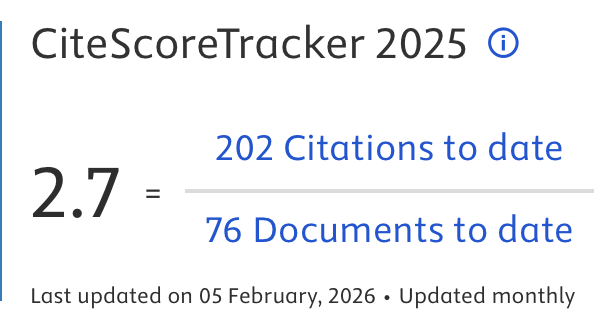Studi Kritis atas Qur’an: A Reformist Translation
DOI:
https://doi.org/10.14421/qh.2015.1602-03Abstract
change-newline"> One of some translation works on the Qur’an appears to be eccentric concidering that it reveals some important revisions to traditionaltranslation. This translation is written by Edip Yuksel, Layth Saleh
al-Shaiban, dan Martha Schulte-Nafeh entittled Qur’an: A Reformist
Translation. This article attempts to question the view of the writers of
Qur’an: A Reformist Translation on historicity related to the Qur’an,
framed with hermeneutical theory of Gadamer. The article ends to some
conclussions that on their view, the Qur’an is a self-suffiient scripture, and
therefore one has no need to seek the extra-Qur’anic aspect. Eventhough
the writers deny the importance of historicity of the Qur’an, they indeed
depend on the contemporary history which triggers their will to translate
the Qur’an. As they deny the horizons of the text and rely on their own
contemporary horizons, their approach then belongs to subjectivist
hermeneutics.
References
Downloads
Issue
Section
License
Publishing your paper with Jurnal Studi Ilmu-ilmu al-Qur'an dan Hadis means that the author or authors retain the copyright in the paper. Jurnal Studi Ilmu-ilmu al-Qur'an dan Hadis uses license CC-BY-NC-ND or an equivalent license as the optimal license for the publication, distribution, use, and reuse of scholarly works. This license permits anyone to copy and redistribute the material in any medium or format and must give appropriate credit, provide a link to the license, and indicate if changes were made. If you remix, translate, transform or build upon the material you may use it for private use only and not for distribution. Jurnal Studi Ilmu-ilmu al-Qur'an dan Hadis granted an exclusive non-commercial reuse license by the author(s), but the author(s) are able to put the paper onto a website, distribute it to colleagues, give it to students, use it in your thesis, etc, so long as the use is not directed at a commercial advantage or toward private monetary gain. The author(s) can reuse the figures and tables and other information contained in their paper published by Jurnal Studi Ilmu-ilmu al-Qur'an dan Hadis in future papers or work without having to ask anyone for permission, provided that the figures, tables, or other information that is included in the new paper or work properly references the published paper as the source of the figures, tables or other information, and the new paper or work is not direct at a private monetary gain or commercial advantage.
Jurnal Studi Ilmu-ilmu al-Qur'an dan Hadis journal Open Acces articles are distrubuted under the Creative Commons Attribution-NonCommercial-NoDerivatives 4.0 International (CC BY-NC-ND 4.0). Article can be read, copy and redistribute the material ini any medium or format under the following conditions:
Attribution — You must give appropriate credit, provide a link to the license, and indicate if changes were made. You may do so in any reasonable manner, but not in any way that suggests the licensor endorses you or your use.
NonCommercial — You may not use the material for commercial purposes.
NoDerivatives — If you remix, transform, or build upon the material, you may not distribute the modified material.










